Carbon Border Adjustment Mechanism (CBAM) Update: Implementation Delays and New Timeline
Update March 2025:
The EU’s Omnibus Simplification Package introduces significant adjustments to the Carbon Border Adjustment Mechanism (CBAM), focusing on reducing administrative burdens while maintaining environmental integrity. A key update is the 50-tonne de minimis threshold exemption, which excludes importers of goods below this annual mass limit from CBAM authorization, declaration, and certificate obligations. This exemption removes approximately 90% of small importers from compliance while retaining 99% of embedded emissions within CBAM’s scope. To streamline compliance for remaining entities, the proposal simplifies emissions calculations, CBAM certificate management, and declarant authorization processes. Anti-abuse measures are also strengthened to prevent circumvention of the threshold through tactics like artificial fragmentation of shipments.
The revisions precede a planned 2025 review evaluating potential CBAM expansions, such as adding & removing new product categories (e.g., downstream goods) and sectors aligned with the EU Emissions Trading System (ETS). While the definitive CBAM regime remains on track for 2026, the legislative proposal is subject to negotiations between the European Commission, Parliament, and Council, with no fixed adoption timeline. Until finalized, existing CBAM rules, including quarterly reporting for imports exceeding €150, remain in force. These updates aim to balance competitiveness and climate goals by prioritizing high-impact emissions reductions over broad administrative coverage.
What is the EU’s Carbon Border Adjustment Mechanism (CBAM)?
In an era where climate change is at the forefront of global discussions, the European Union's Carbon Border Adjustment Mechanism (CBAM) is a pivotal policy in the fight against environmental degradation. This mechanism is crucial for companies involved in international trade, particularly those dealing with the EU. Let’s delve into what CBAM is, how it works, its requirements and the implications for your company, and how Arbor can assist you in navigating this new terrain.
What is CBAM?
The Carbon Border Adjustment Mechanism, or CBAM for short, is an innovative policy put forward by the European Union (EU) to address a growing environmental concern known as offshoring emissions. Imagine a scenario where a company decides to move its factory to another country because the rules about air pollution are less strict there. This might be good for the company's costs, but it's bad for the planet because it can release more pollution into the air. This is what we call offshoring emissions, and it's a problem because it doesn't really reduce pollution; it just moves it elsewhere.
To combat this, the EU introduced CBAM, a kind of eco-friendly tax aimed at making things fairer for European companies and encouraging everyone, everywhere, to be more mindful of the environment. Essentially, it works by putting a price on the pollution that comes with the goods imported into the EU. If a product were made in a way that was harmful to the environment, it would be taxed more when it enters the EU. The idea here is to encourage companies to adopt greener practices, no matter where they are in the world, leading to a decrease in global emissions and promoting a healthier planet for all.
How does CBAM work?
The rollout of the Carbon Border Adjustment Mechanism (CBAM) is designed to be gradual, starting on the 1st of October, 2023. Think of it as the EU's way of giving companies time to adjust to the new rules. Initially, the focus will be on industries known for contributing heavily to air pollution, such as the production of cement, fertilizers, steel, aluminum, hydrogen, and electricity generation. These sectors were chosen because they play a big part in the amount of pollution we're trying to reduce globally.
From 2023 to 2025, there's what's called a Transitional Period. During this time, companies that import goods into the EU must keep a detailed record of how much pollution (or carbon emissions) their products are responsible for. However, there's a bit of breathing space since they won't have to pay for these emissions just yet. It's like the EU is saying, "Let's start by understanding the size of the problem." Then, the game changes after this period, starting from the 1st of January, 2026. The EU will start applying a carbon cost to these imports. This means if the goods you're bringing into the EU are associated with high pollution levels, you'll need to pay more. The aim here is to encourage companies to clean up their act by making greener choices more financially appealing. By doing this, the EU hopes to ensure that imported goods are held to the same environmental standards as those produced within its borders, making it a fair competition and pushing for a global move towards more sustainable practices.
What are the requirements of CBAM?
Under the European Union's Carbon Border Adjustment Mechanism (CBAM), starting in 2026, importers will face new obligations to ensure their imports comply with the EU's environmental standards. Importers must submit comprehensive quarterly reports detailing the quantity, type, and embedded emissions of the goods they bring into the EU. These reports require specific data, including the products' country of origin and the emissions associated with their production. Moreover, importers will need to purchase CBAM certificates to cover the carbon emissions embedded in their imported goods. This step is crucial in making the carbon cost of imports equivalent to that of domestically produced items, aligning with the EU's broader climate objectives.
The transitional phase of CBAM, which began on October 1, 2023, and runs until 2026, serves as a preparatory period. During this time, importers are obligated to report the greenhouse gas emissions embedded in their imports, although the purchase of certificates is not yet required. This phase is designed to smooth the transition for businesses and authorities, helping them adapt to the new system. The CBAM's approach not only aims to curb carbon leakage by encouraging cleaner production practices worldwide but also ensures that the carbon pricing of imports reflects that of EU-produced goods, thereby maintaining fair competition and supporting the EU's ambitious climate goals.
When does CBAM become mandatory?
CBAM's reporting requirements have already commenced as of October 1, 2023. However, the mandatory financial component, where importers will be required to pay for the carbon emissions, will only start from January 1, 2026.
Who needs to comply with CBAM?
CBAM compliance is essential for EU importers of goods from non-EU countries, especially those in high-emitting industries like cement, steel, and aluminum. Additionally, non-EU manufacturers exporting to the EU must provide necessary emissions data, making it crucial for large organizations and suppliers involved in EU trade to adapt to these regulations.
Why should you care about CBAM?
CBAM is not just about regulatory compliance; it's about staying competitive in a rapidly evolving global market. Companies exporting to or importing from the EU must adapt to CBAM to avoid financial penalties. This mechanism also creates a competitive advantage for low-emission products and suppliers, as high carbon taxes will impact the profitability of carbon-intensive products. Furthermore, the need for detailed quarterly emissions reporting will push companies to gain a deeper understanding of their supply chains and production processes, necessitating robust data collection and carbon footprint analysis tools. For more insights on global carbon emissions and their impact, read our article on Global Carbon Emissions.
How can Arbor help you with CBAM?
Arbor's Carbon Accounting Platform is uniquely positioned to assist companies in adapting to CBAM. Our platform facilitates comprehensive data collection for a larger number of products and supply chains, including ERP integrations and other automated data collection methods. We provide accurate carbon footprints for each product to feed into reporting.
Summary
The European Union's Carbon Border Adjustment Mechanism (CBAM) signifies a landmark shift in addressing climate change through stringent carbon emissions reporting and financial obligations for businesses importing into the EU. With new regulations commencing in October 2023 and financial responsibilities starting in 2026, CBAM aims to level the playing field for EU manufacturers and promote sustainable global trade practices. It introduces a comprehensive framework for reporting emissions, requiring most data to be based on actual figures from suppliers and manufacturers, thereby enhancing transparency and accuracy. Arbor's Carbon Management Platform emerges as a pivotal solution, offering tools for precise carbon footprint calculations, emissions reporting, and actionable insights for emission reduction, ensuring businesses can navigate and comply with CBAM requirements effectively, fostering a move towards sustainability.
Get prepared and ready to report with Arbor - Talk to the team
Measure your carbon emissions with Arbor
Simple, easy carbon accounting.
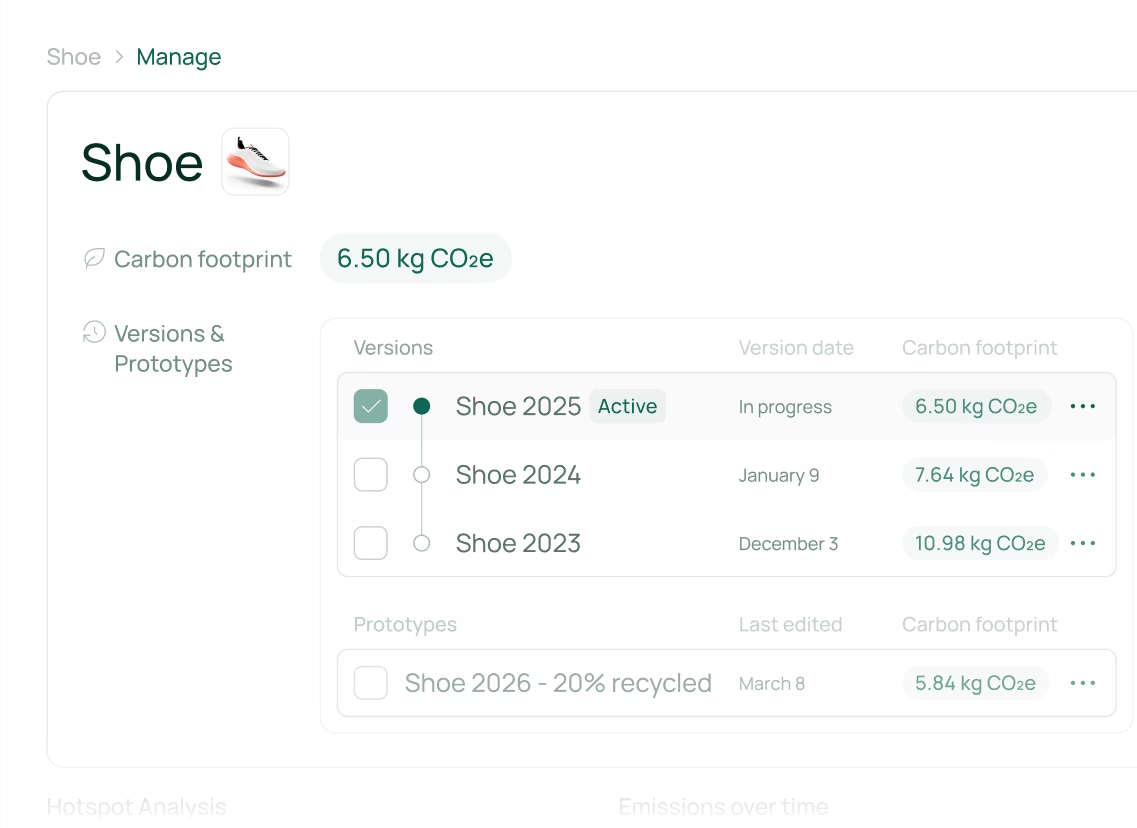




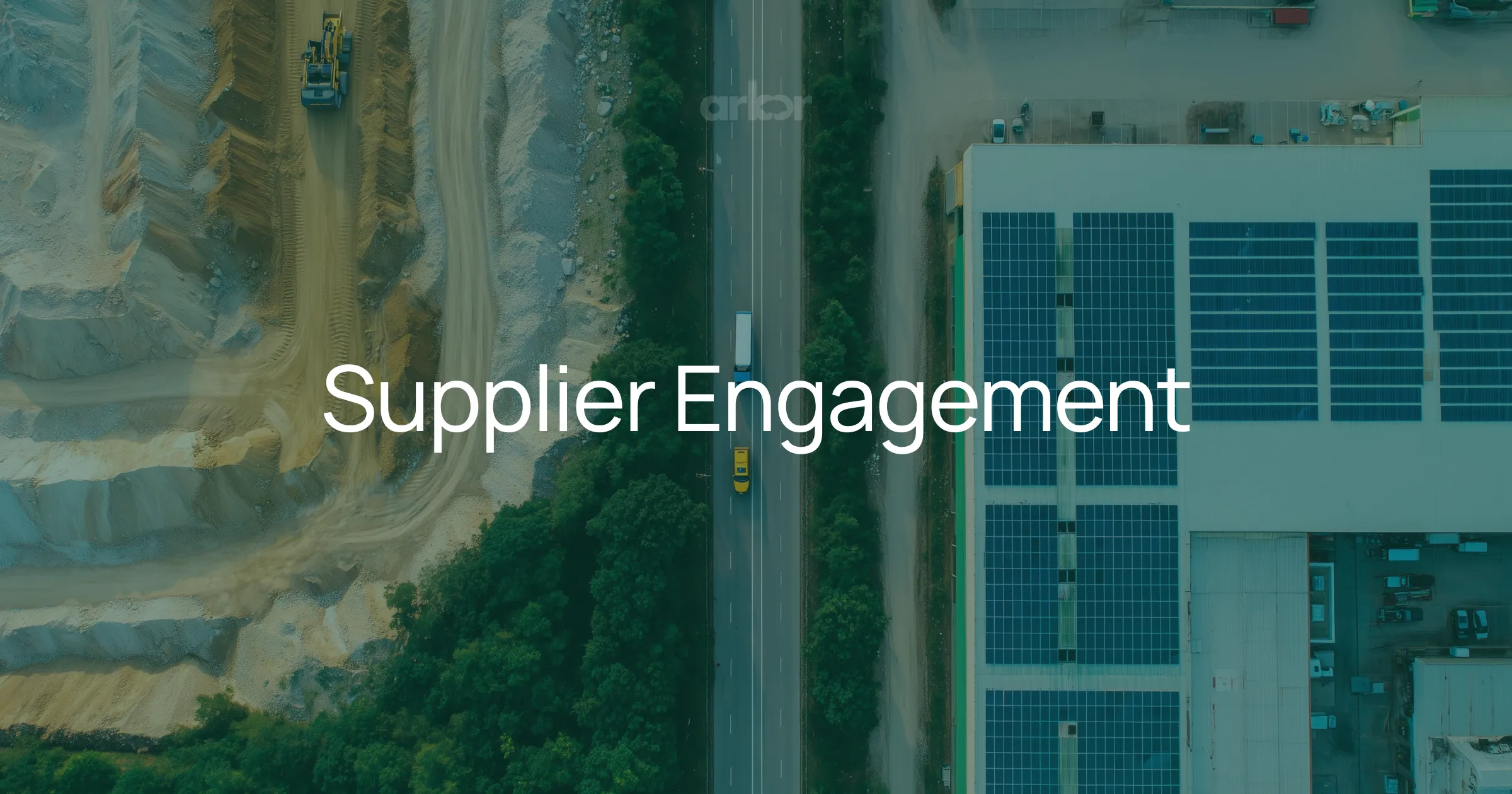
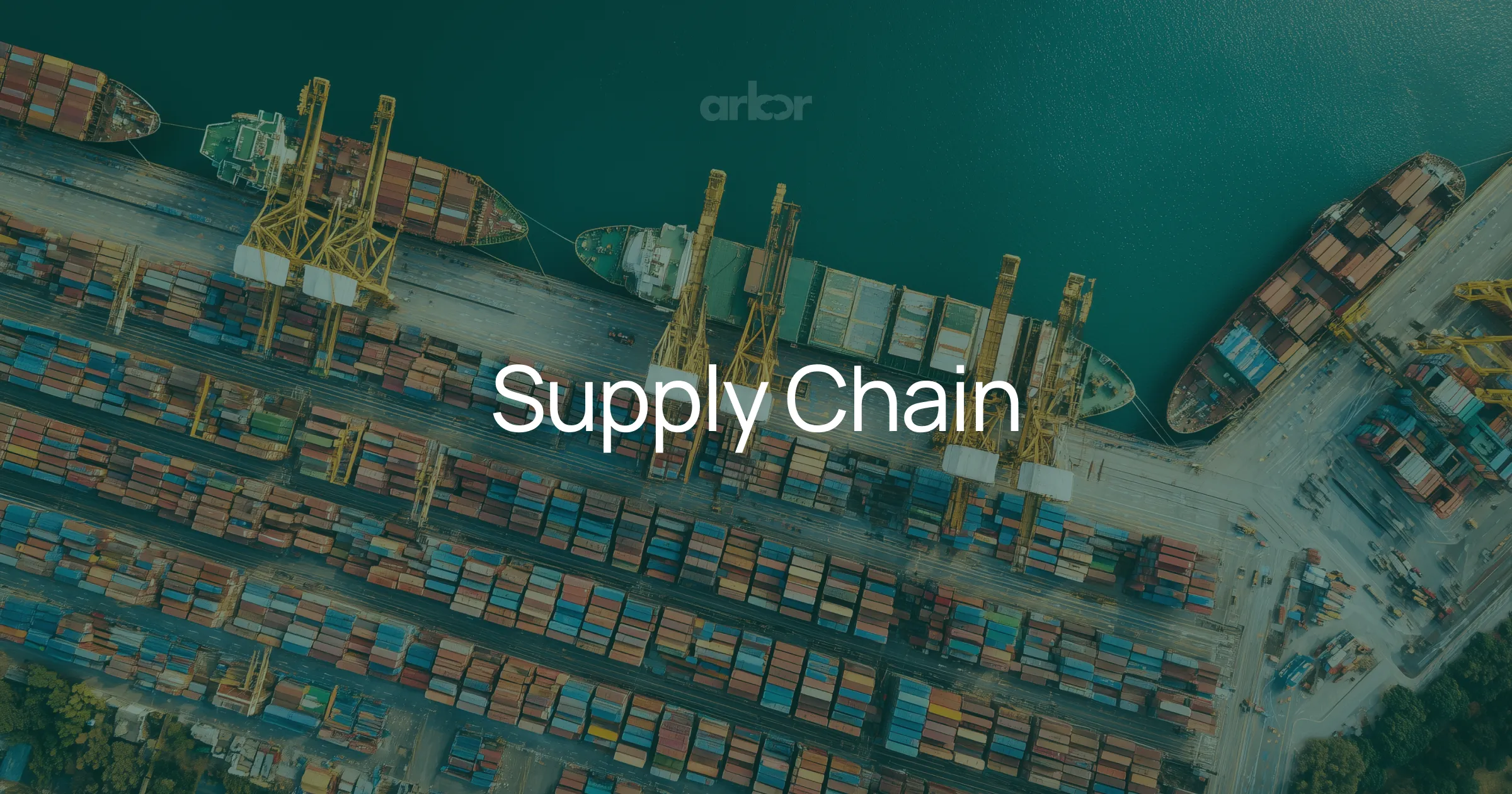

.webp)
%20Directive.webp)
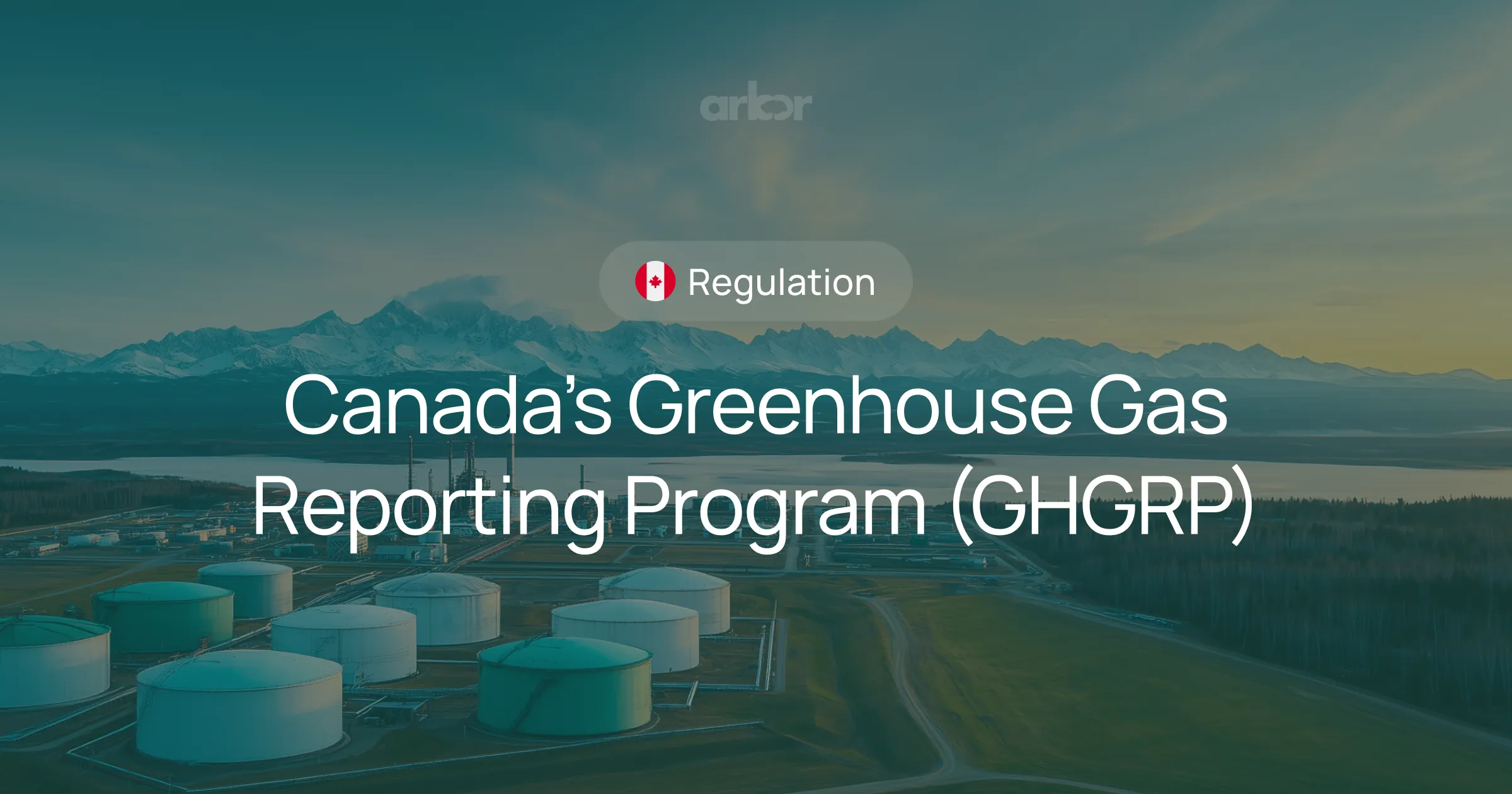

.webp)
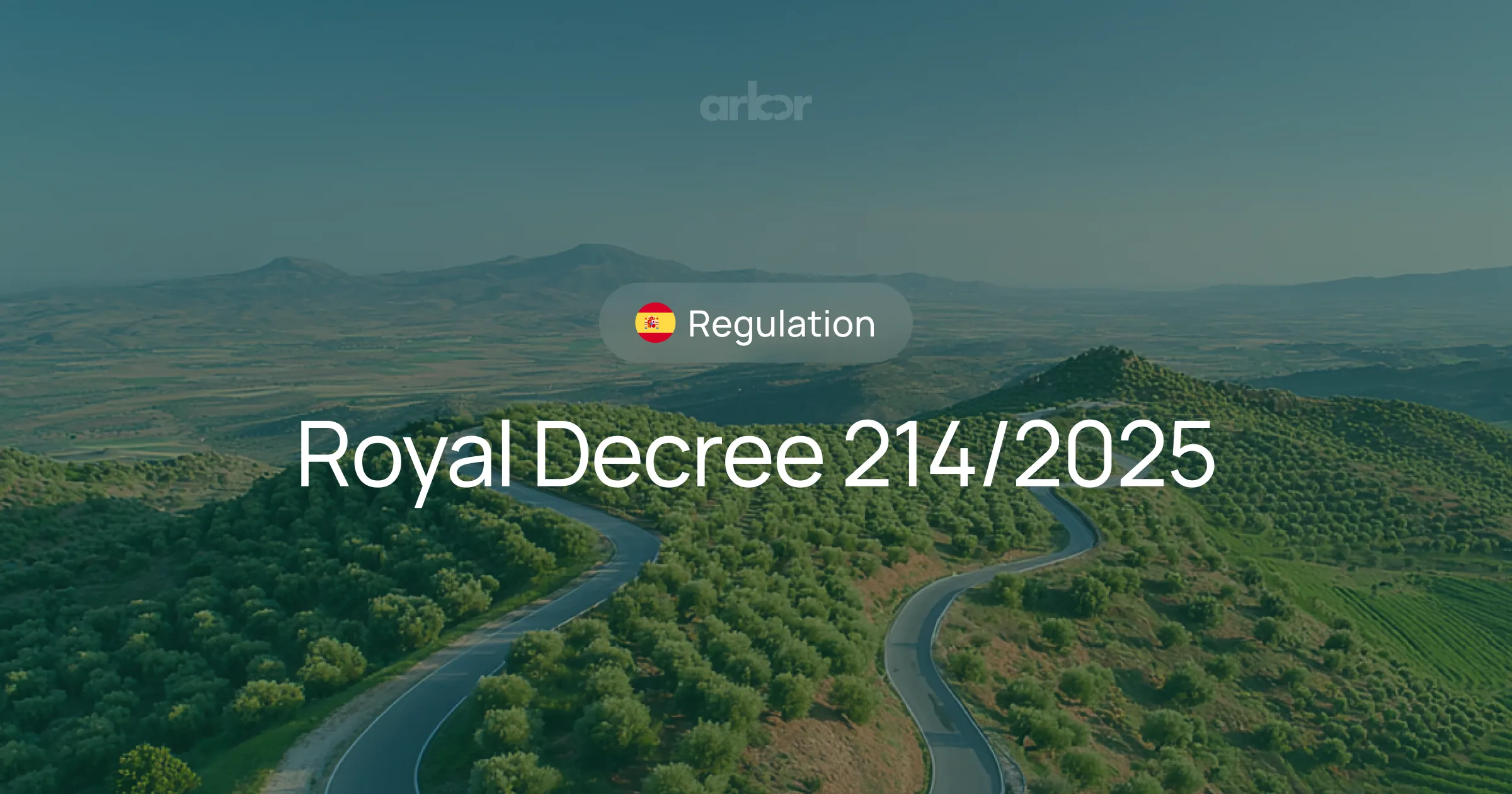
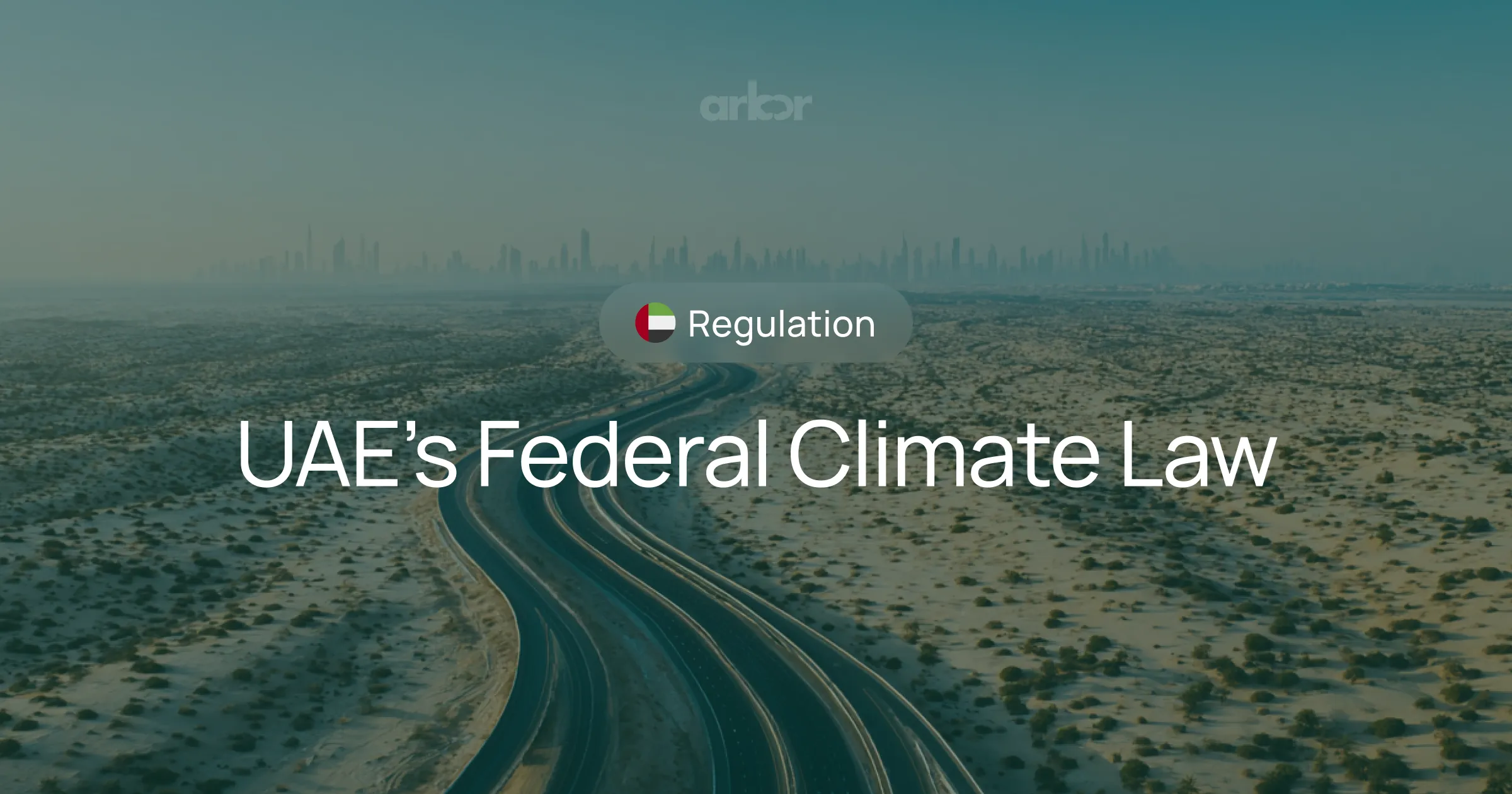

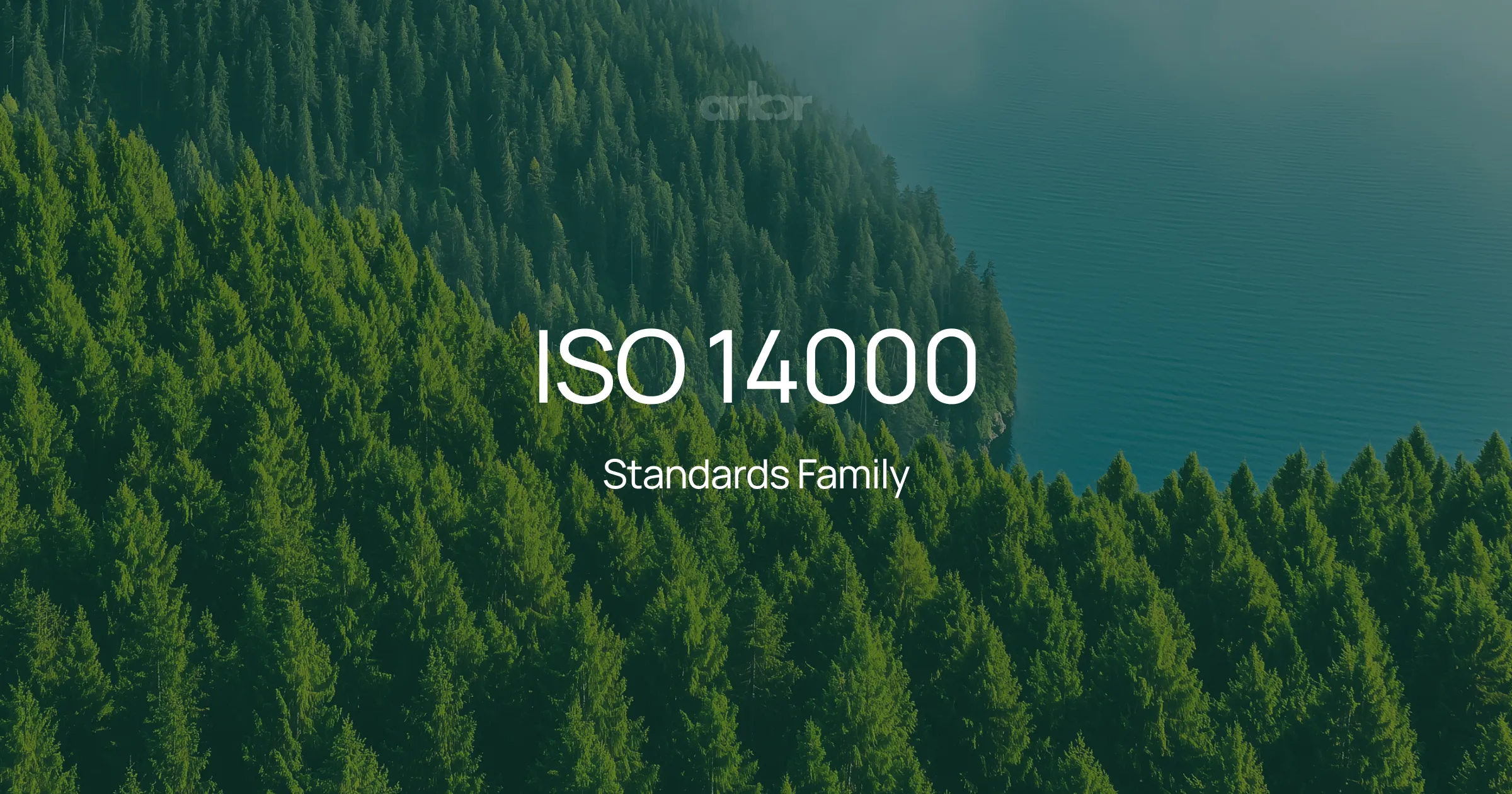
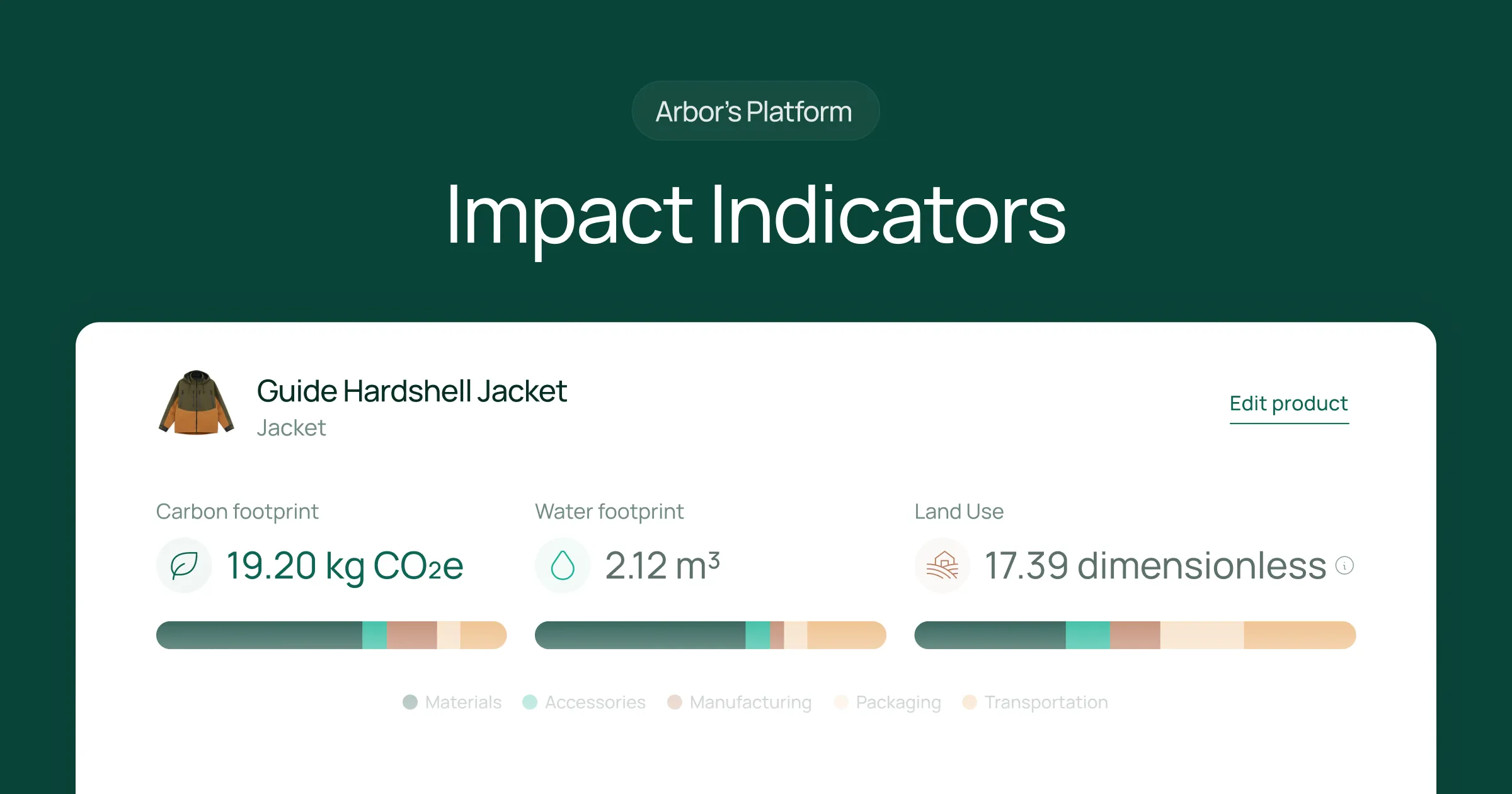
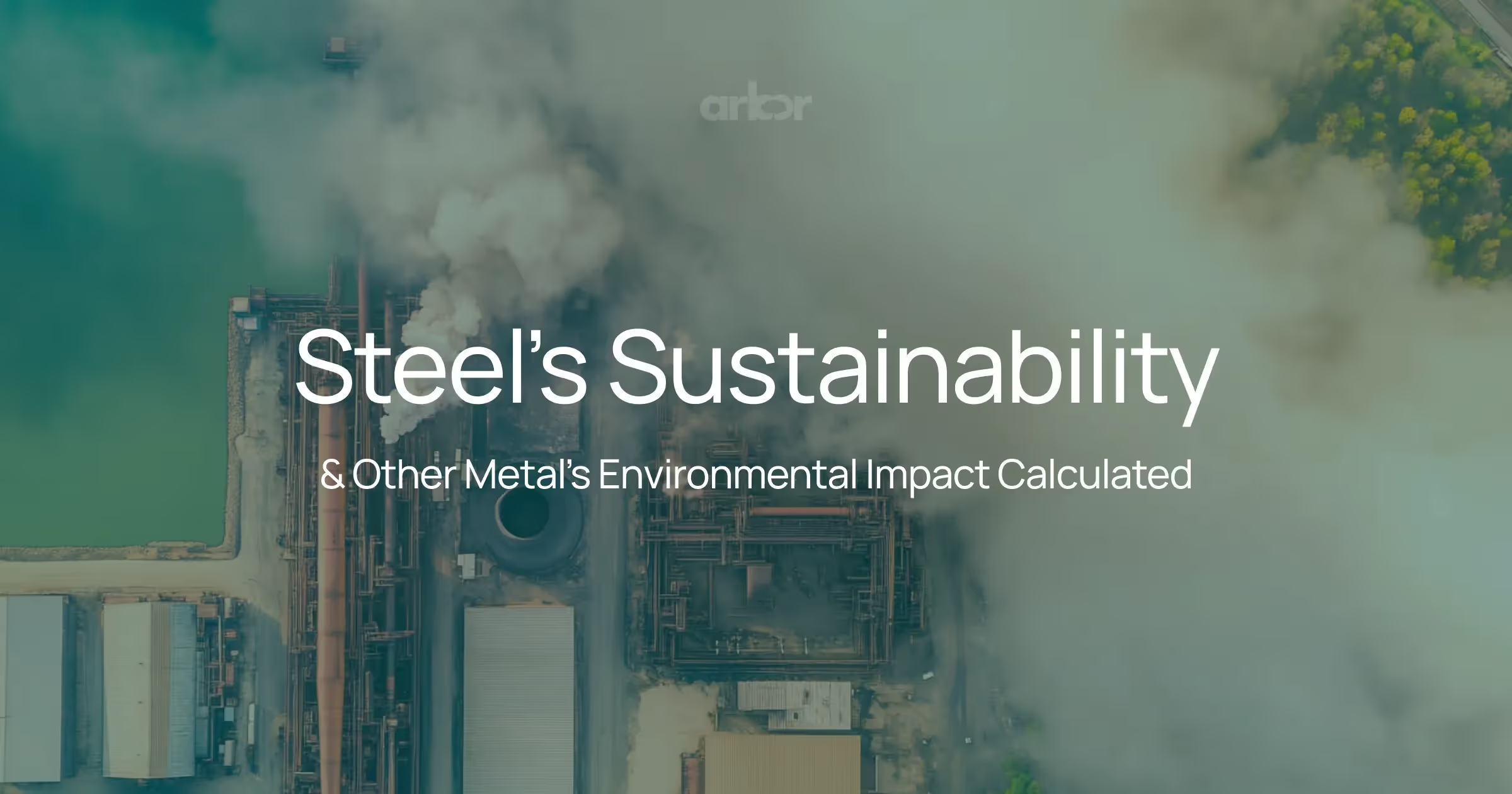

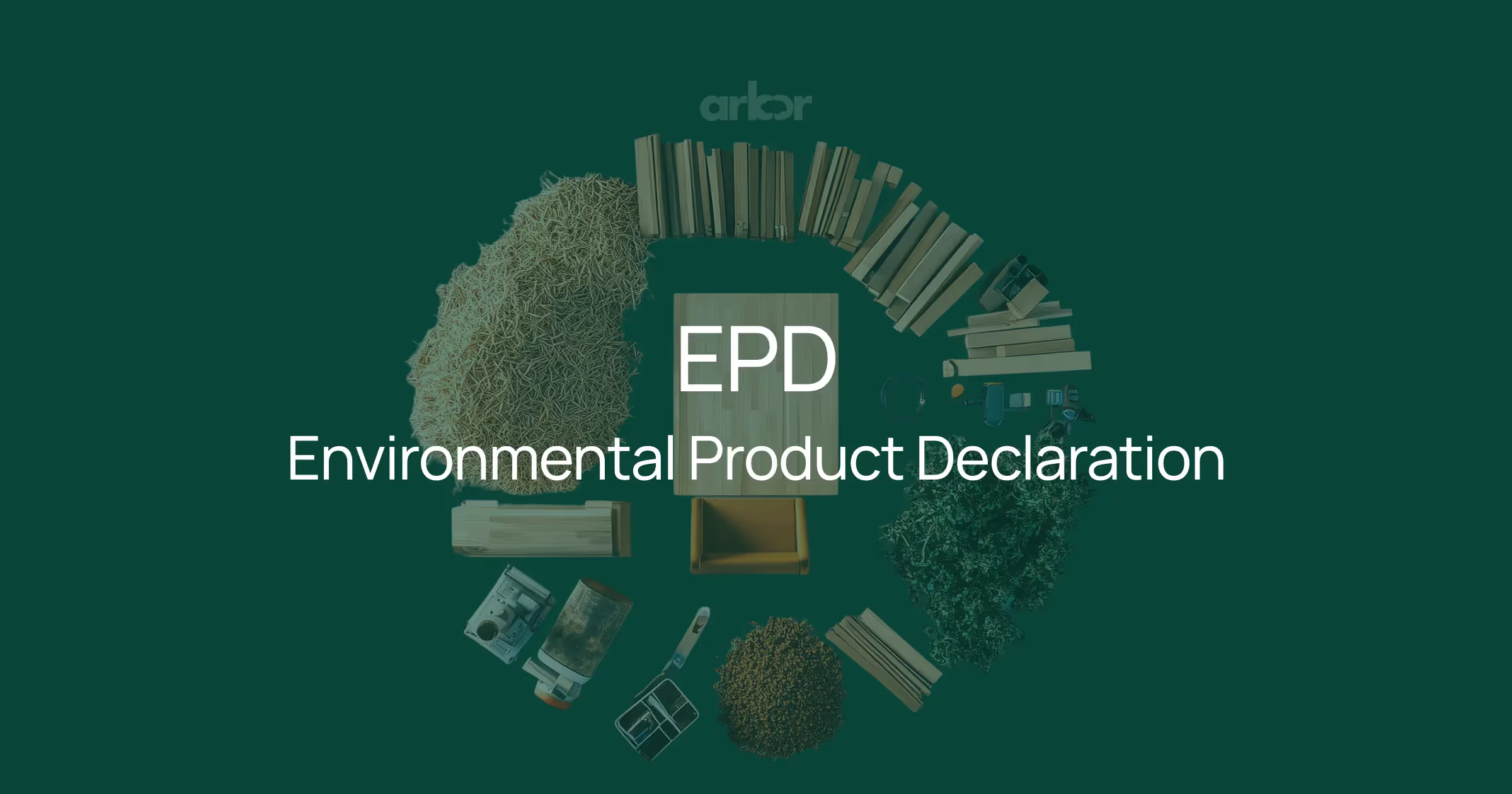
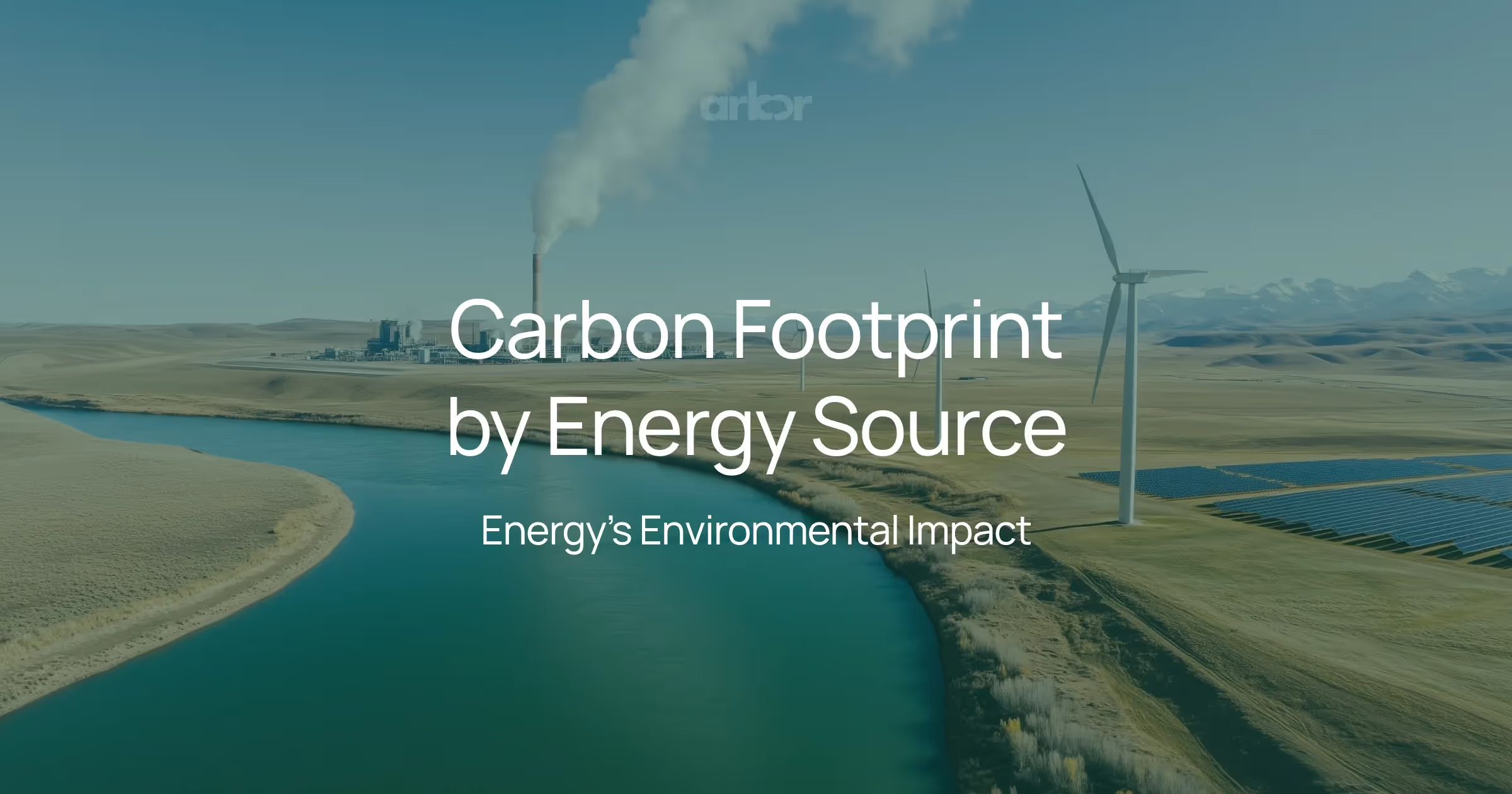
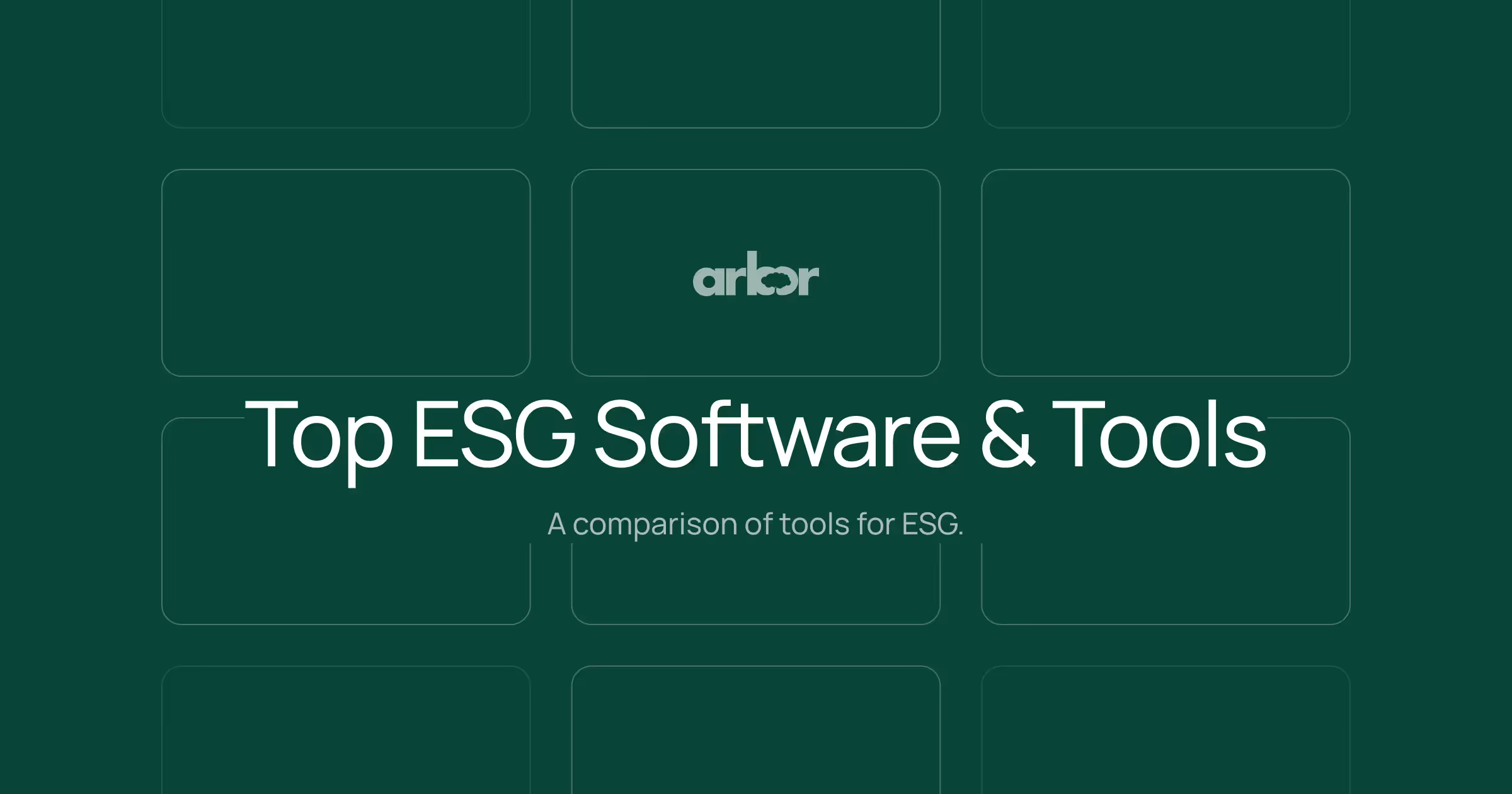
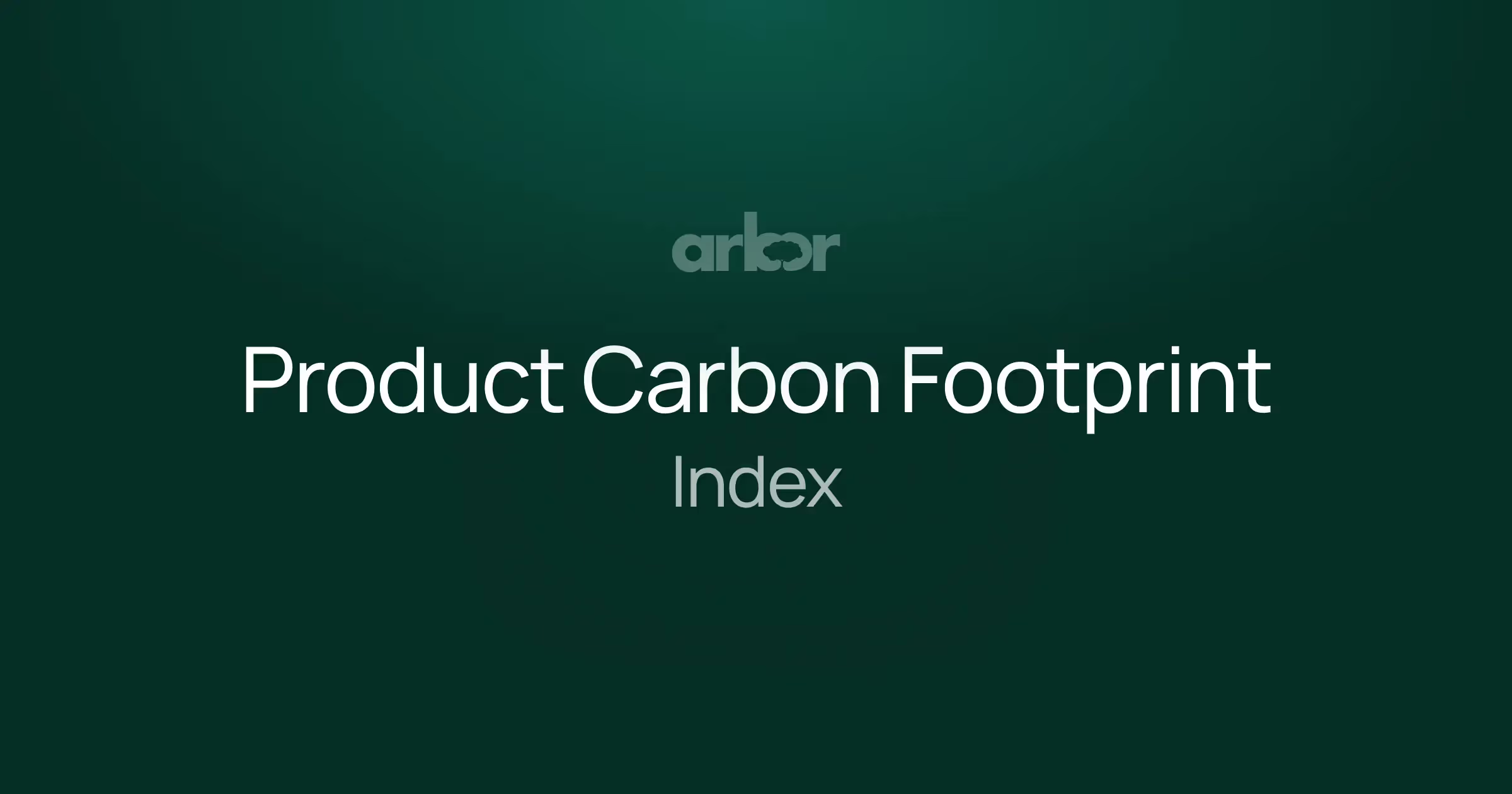
%20Arbor.avif)
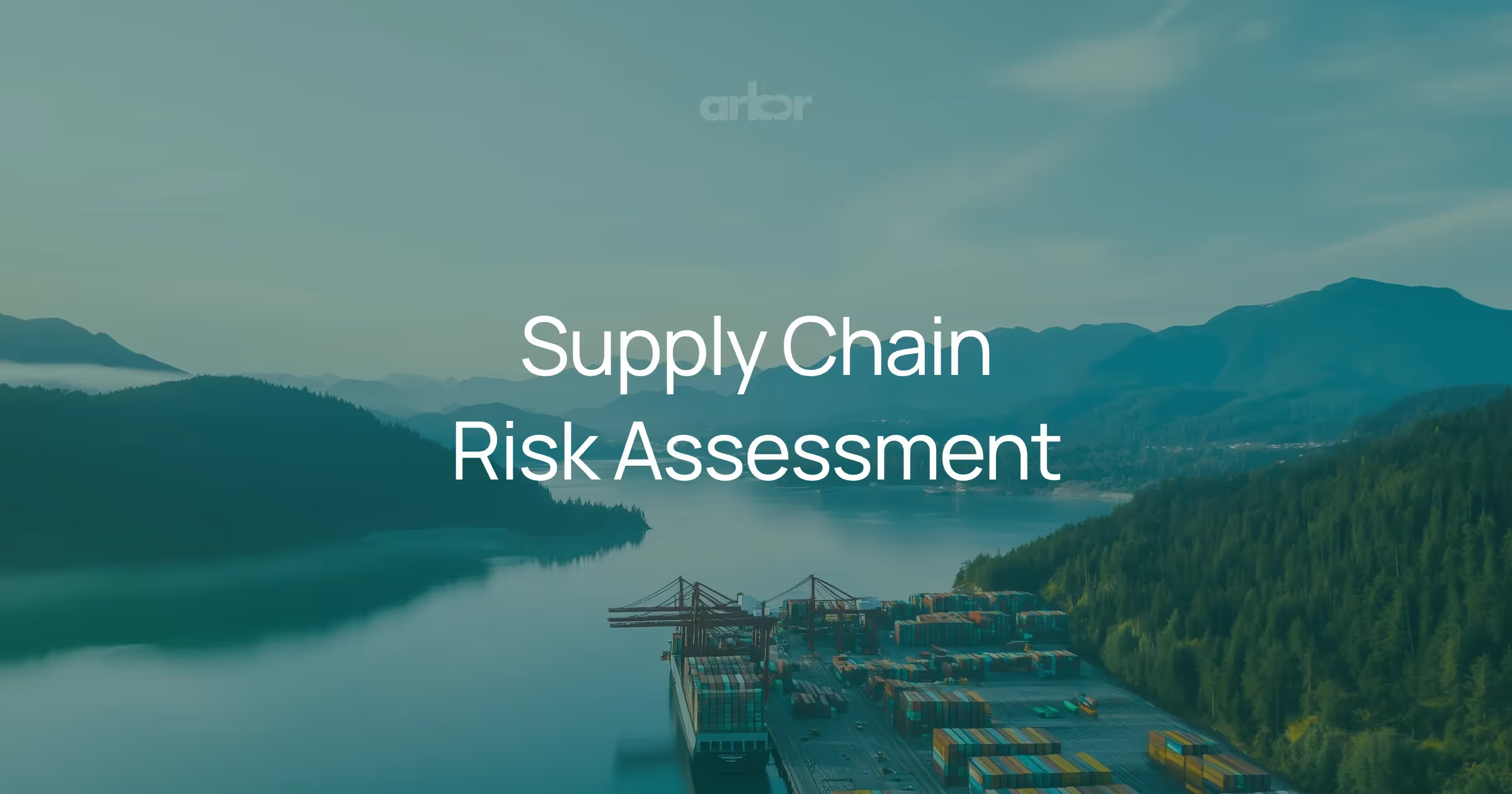
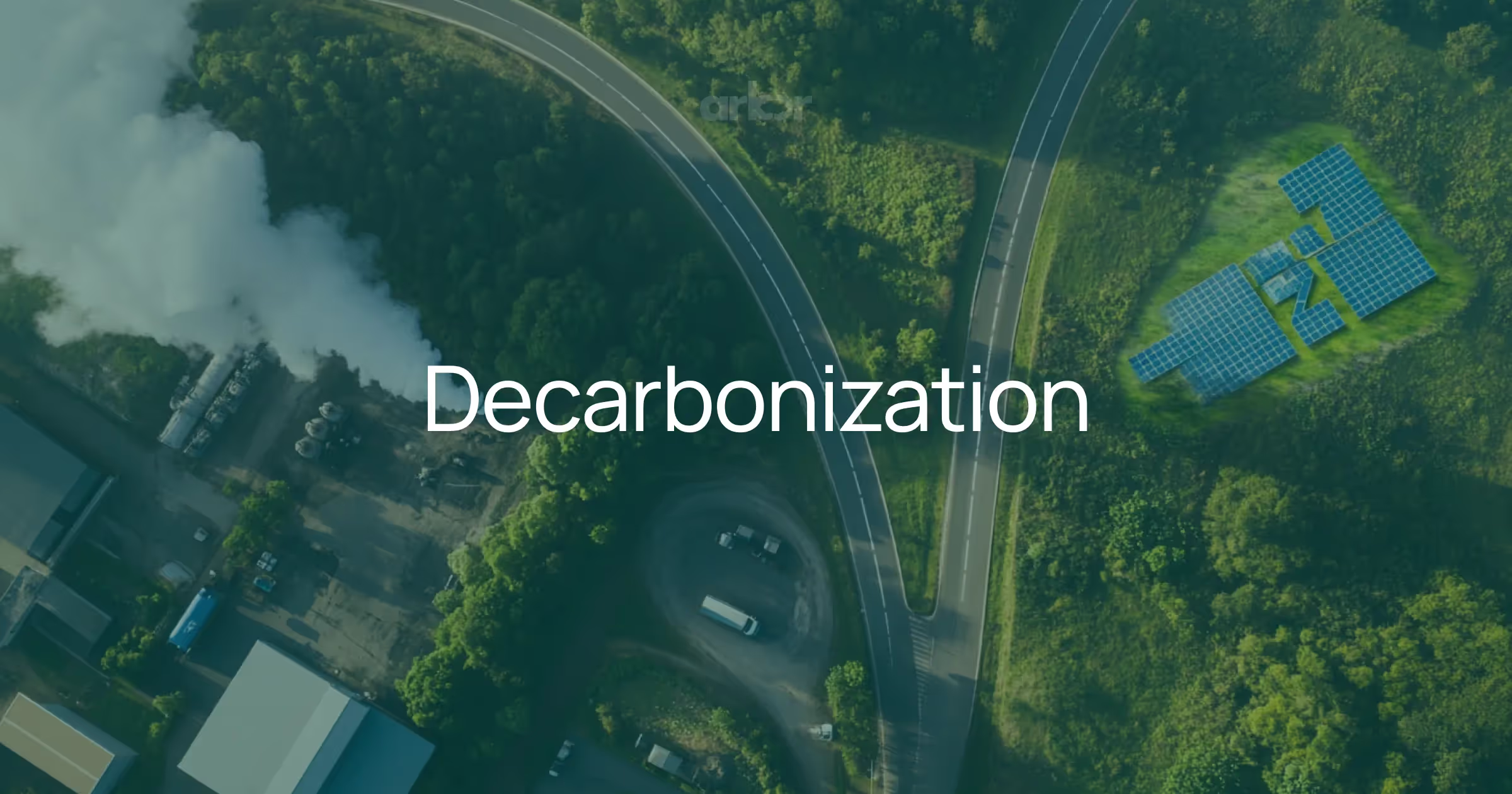


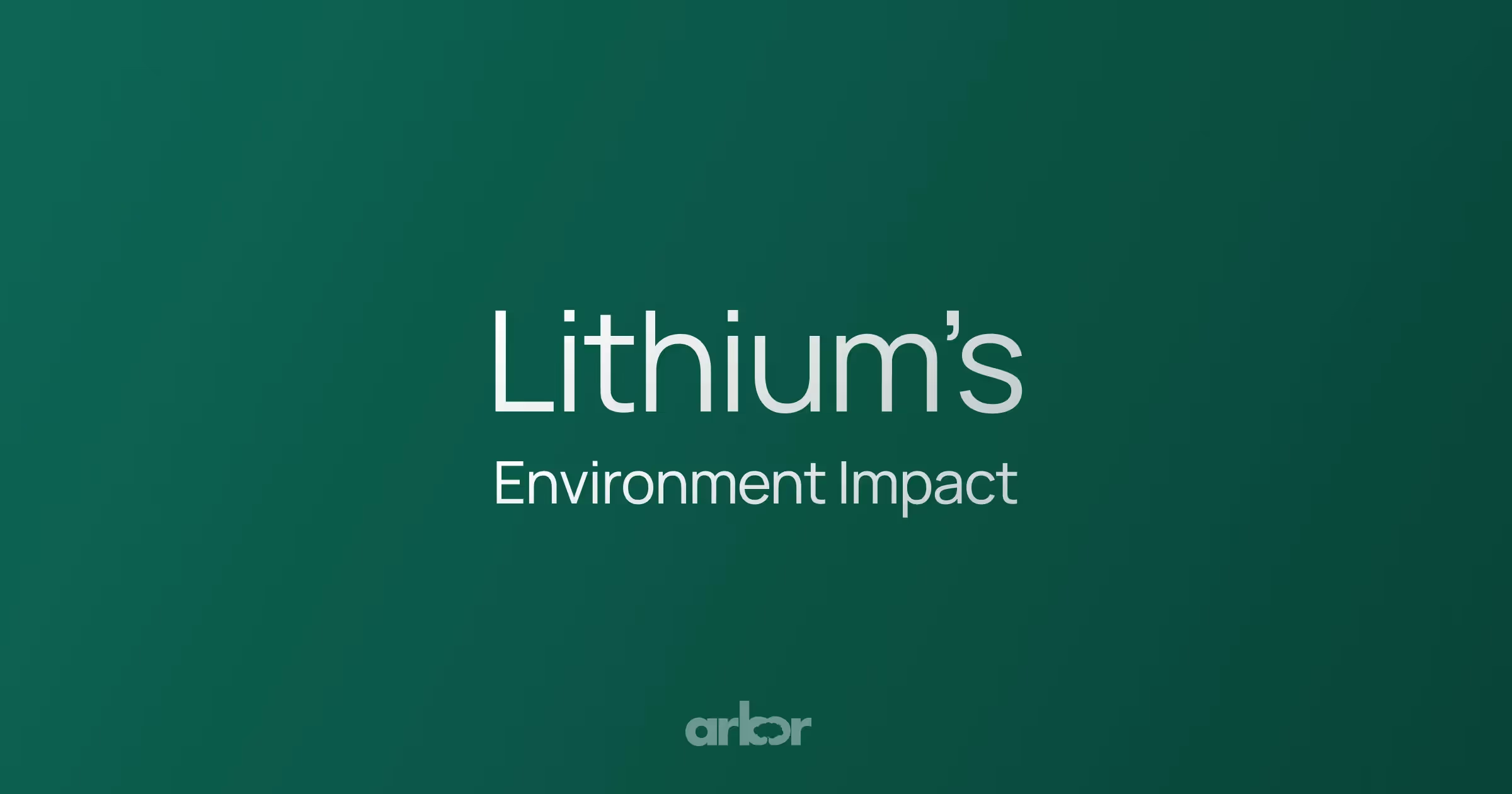
%20Arbor.avif)
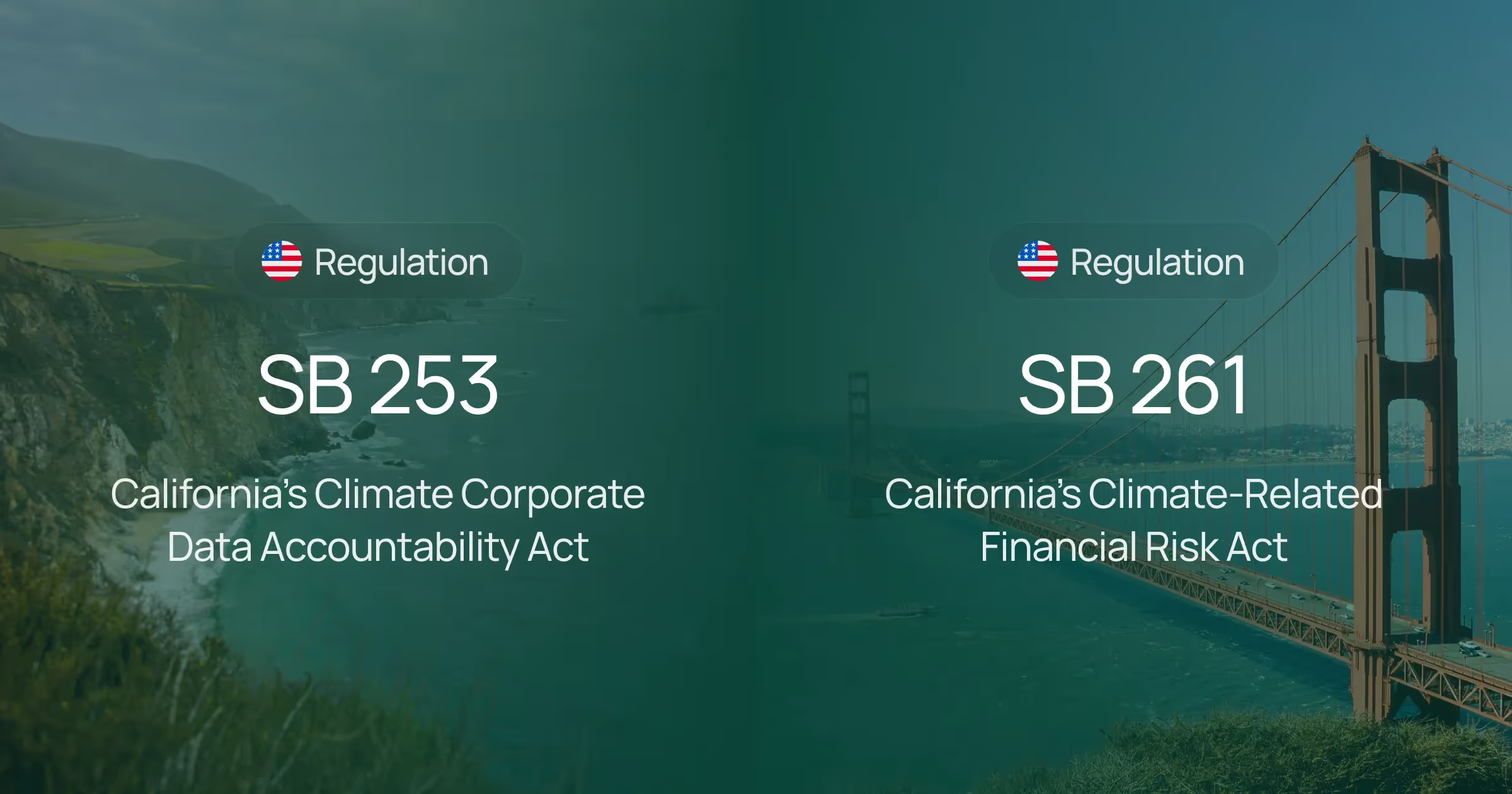

.avif)
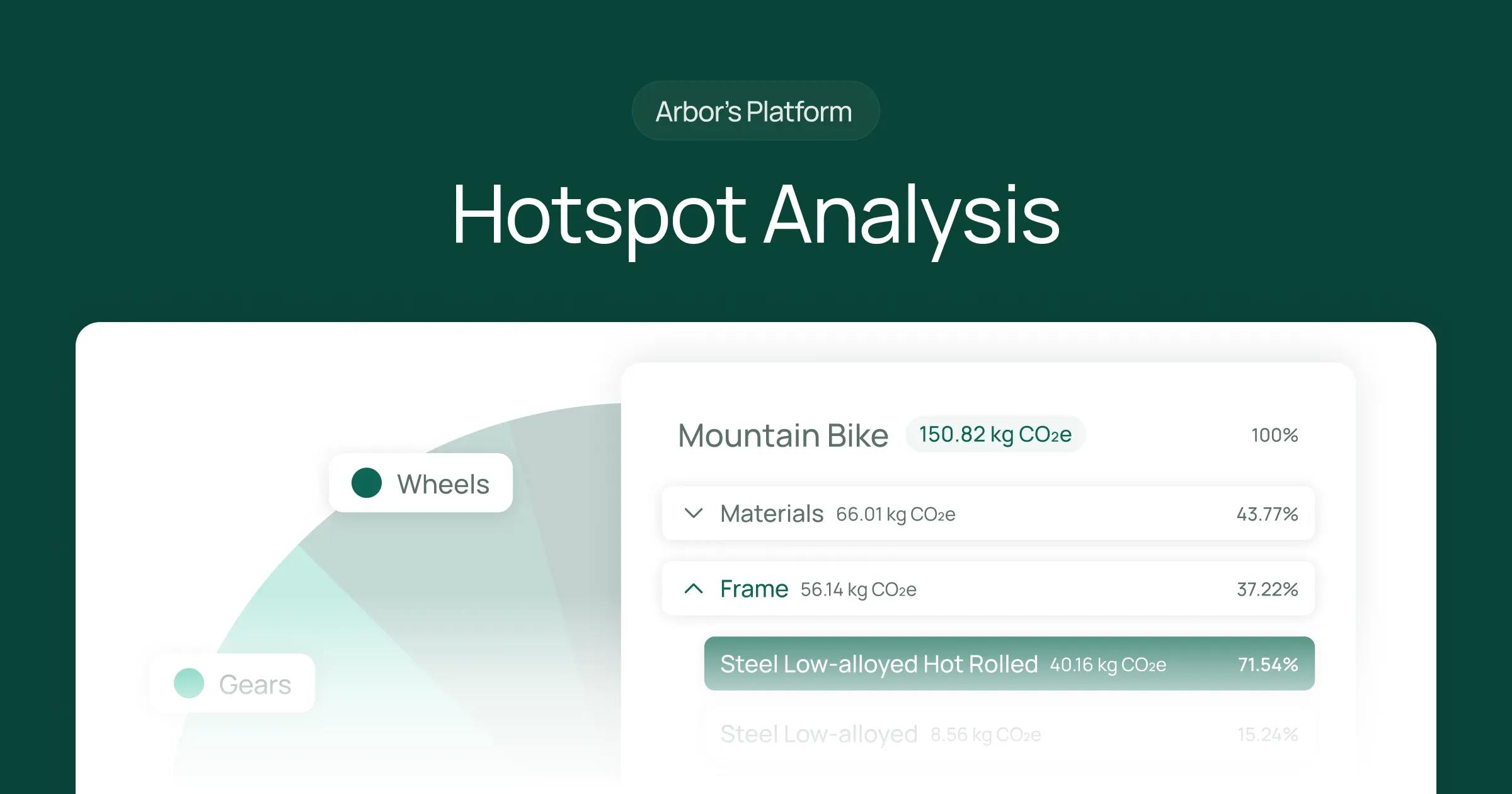
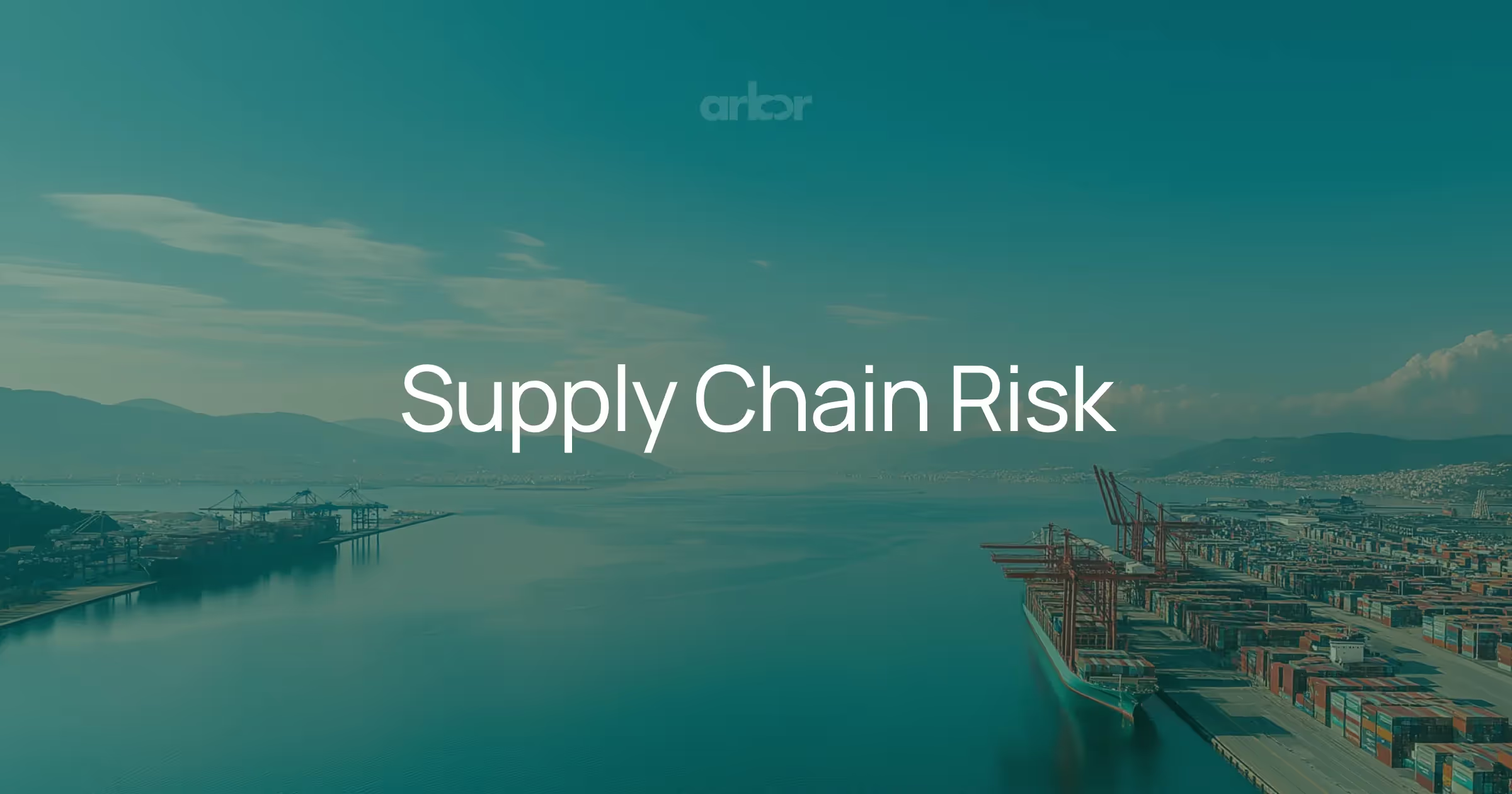
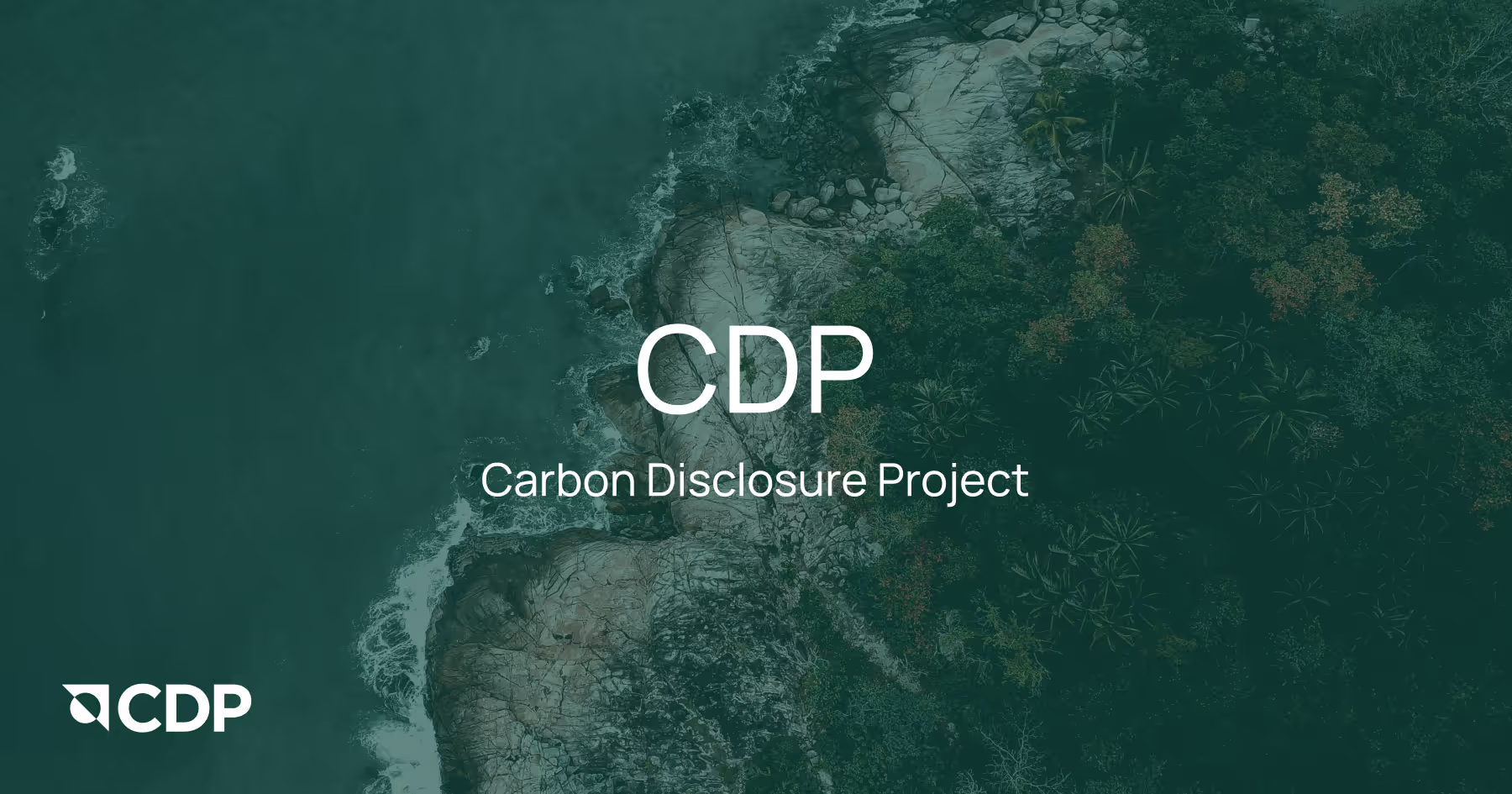
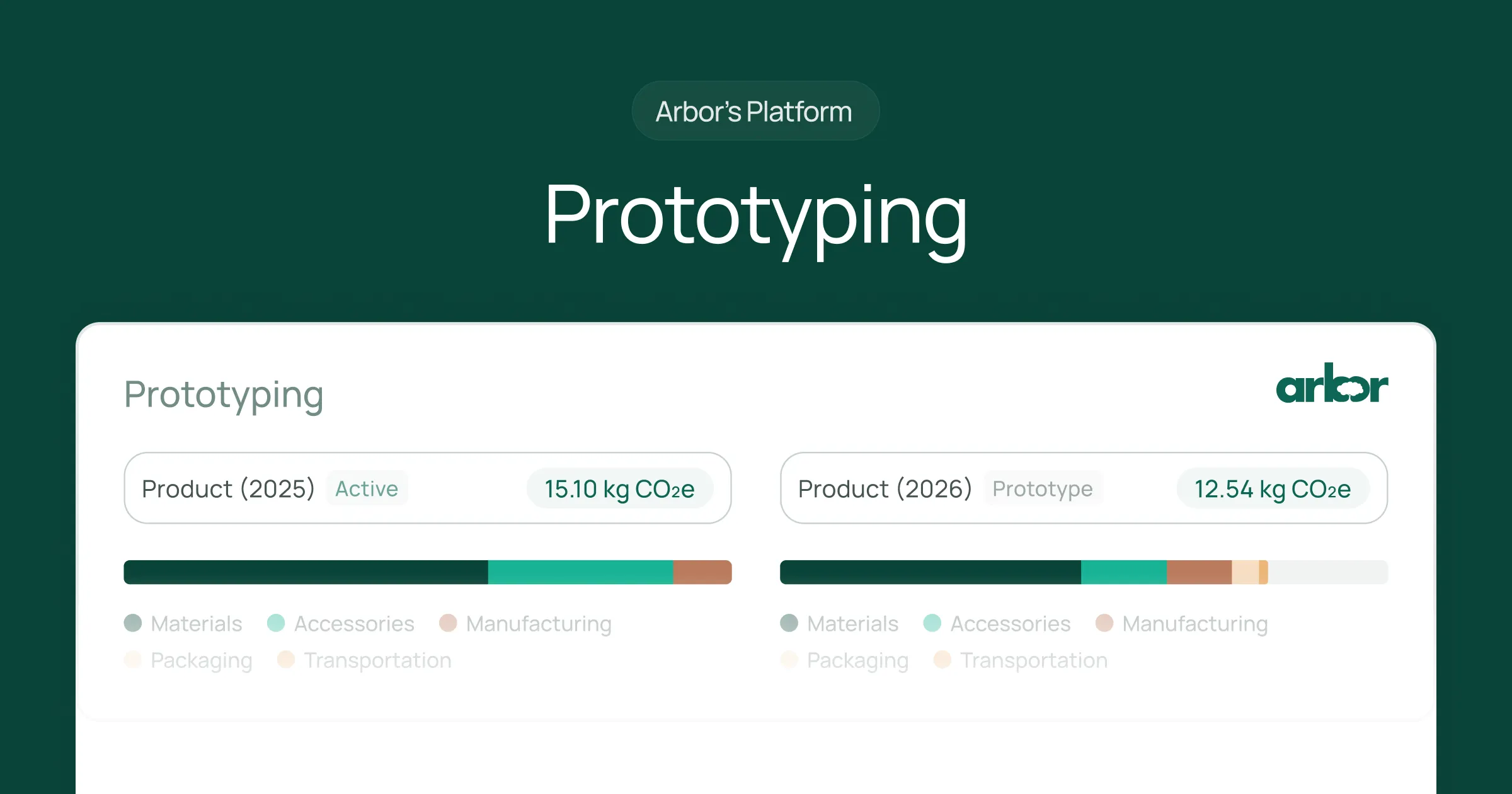
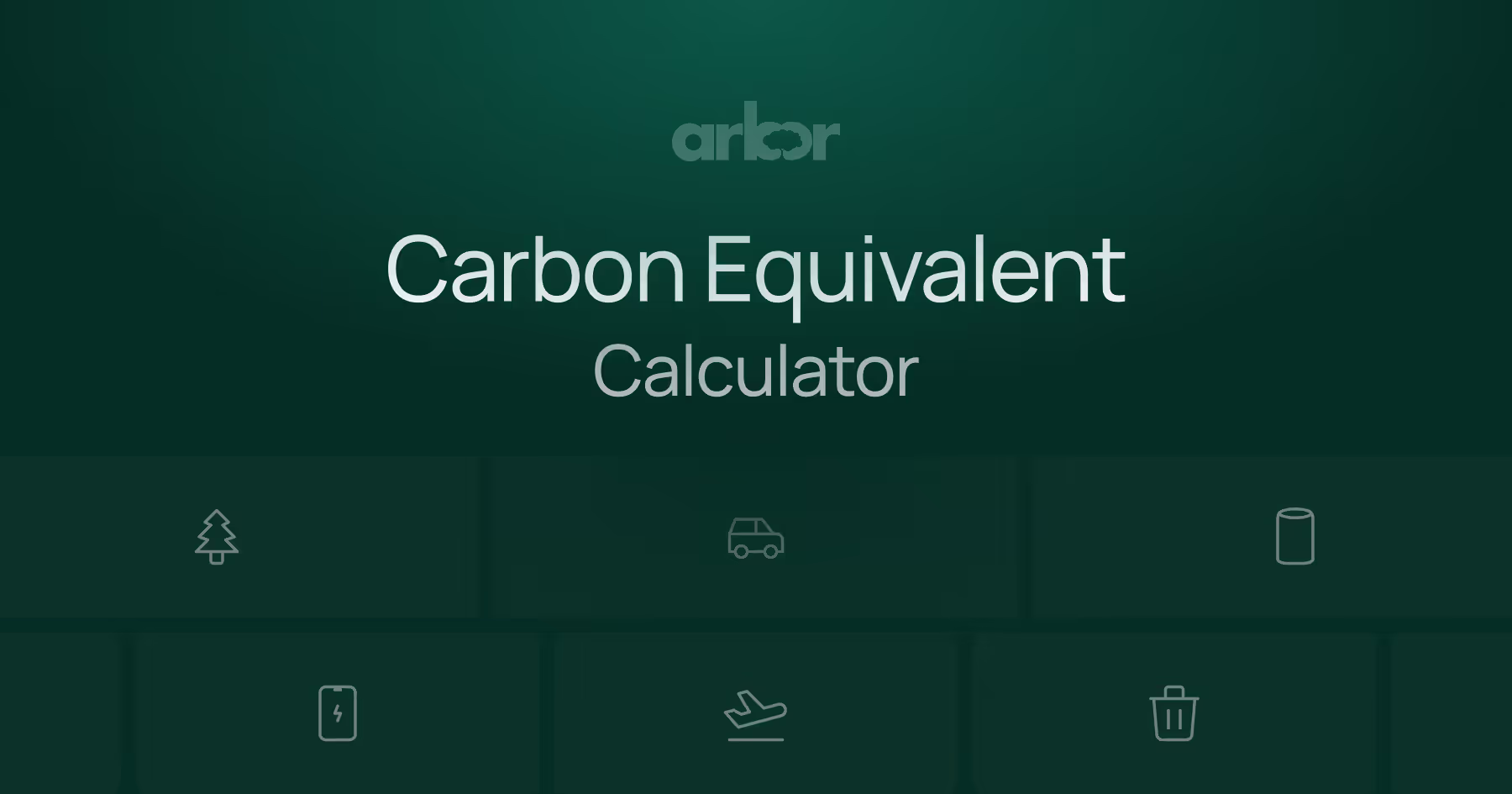
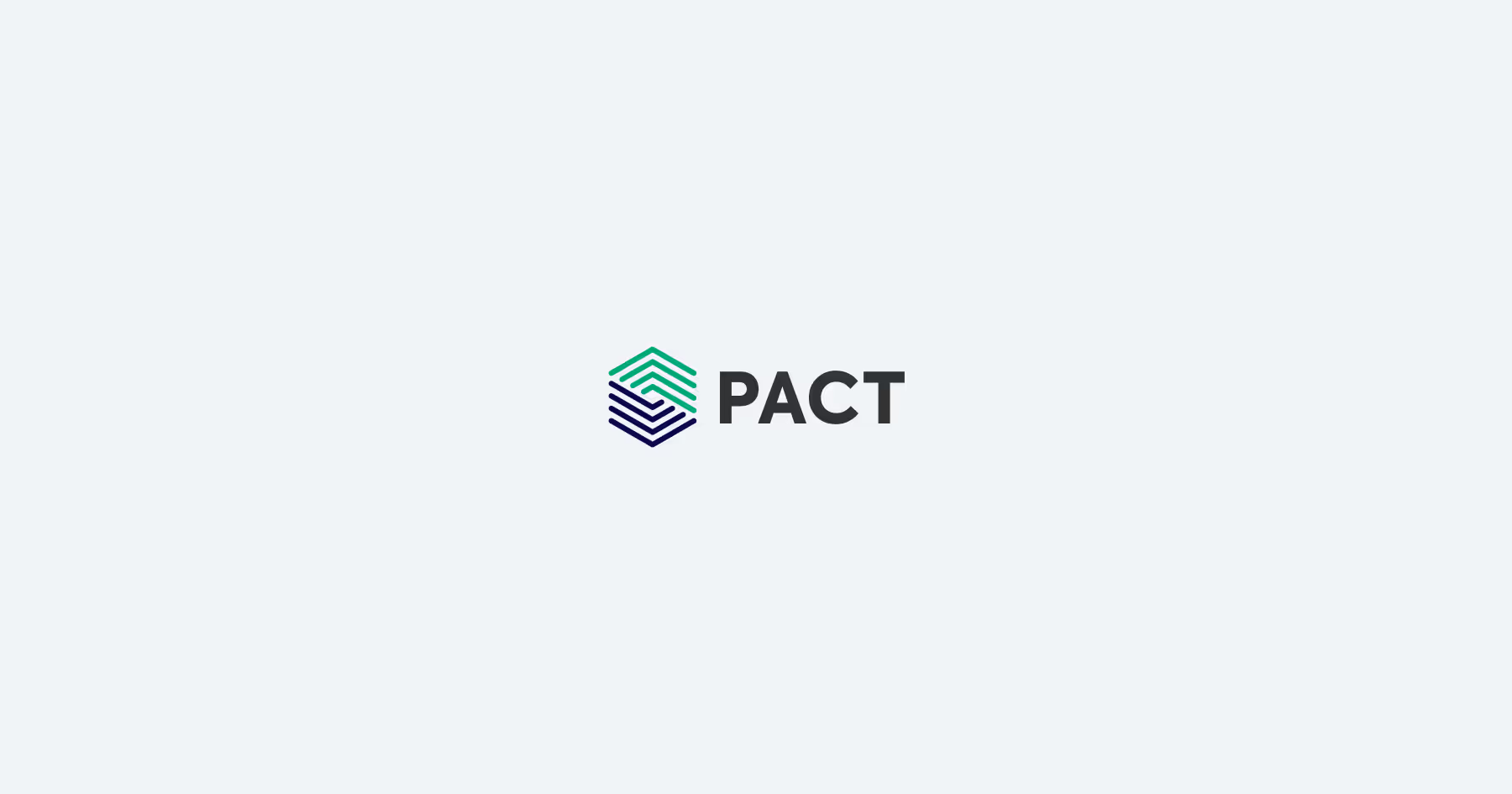
%20Arbor%20Canada.avif)
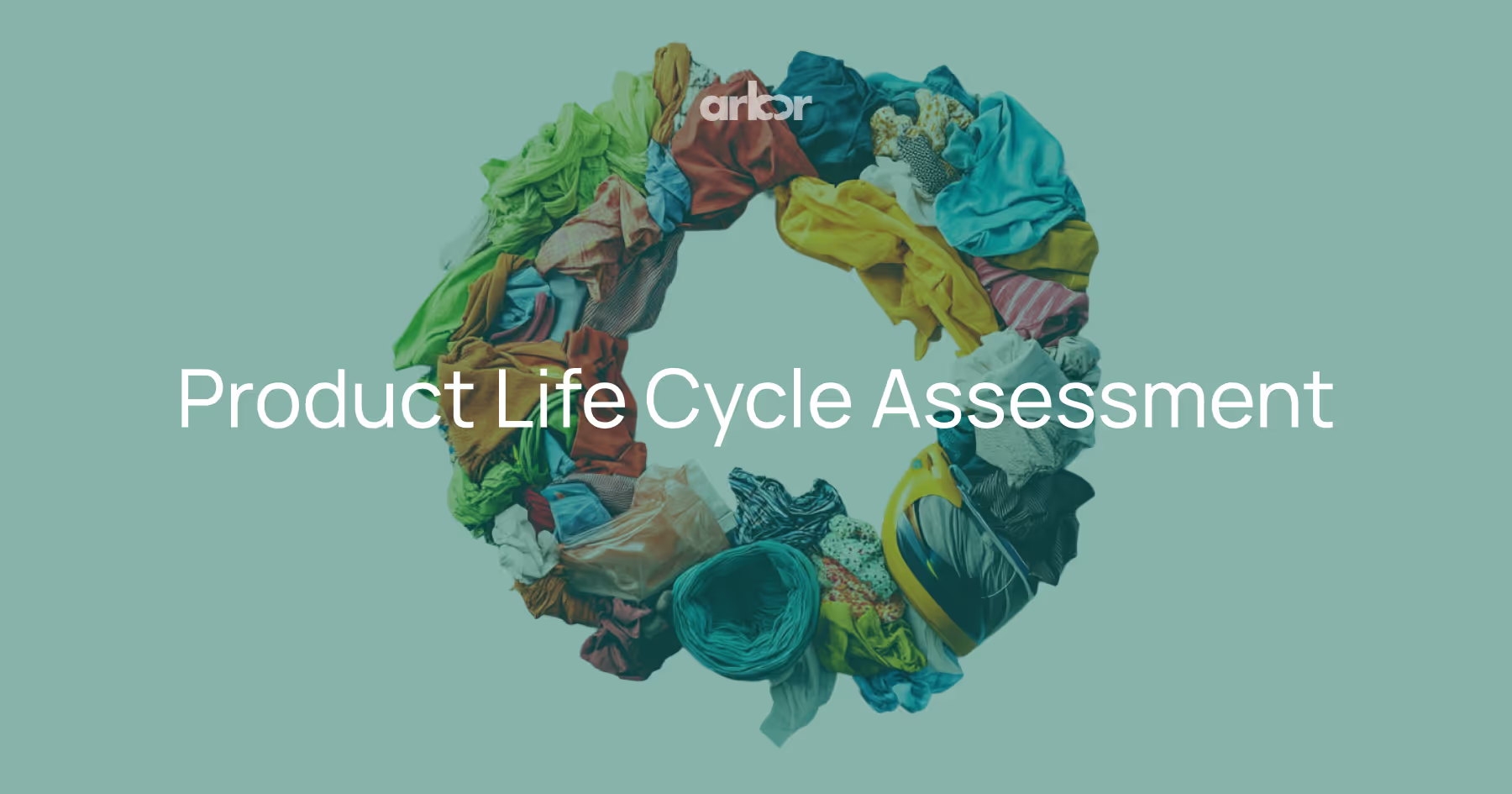
.avif)
%20Arbor.avif)
.avif)
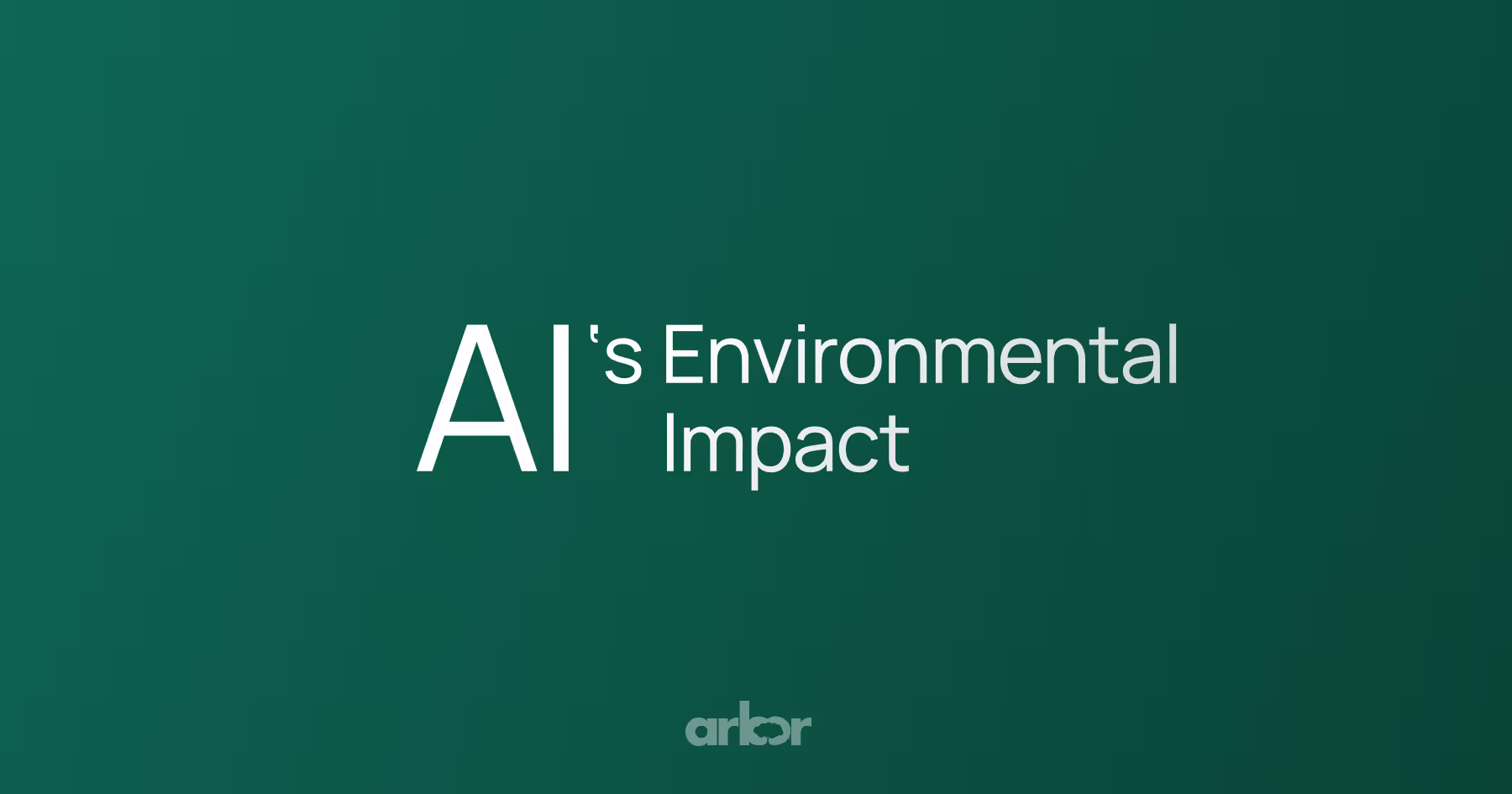

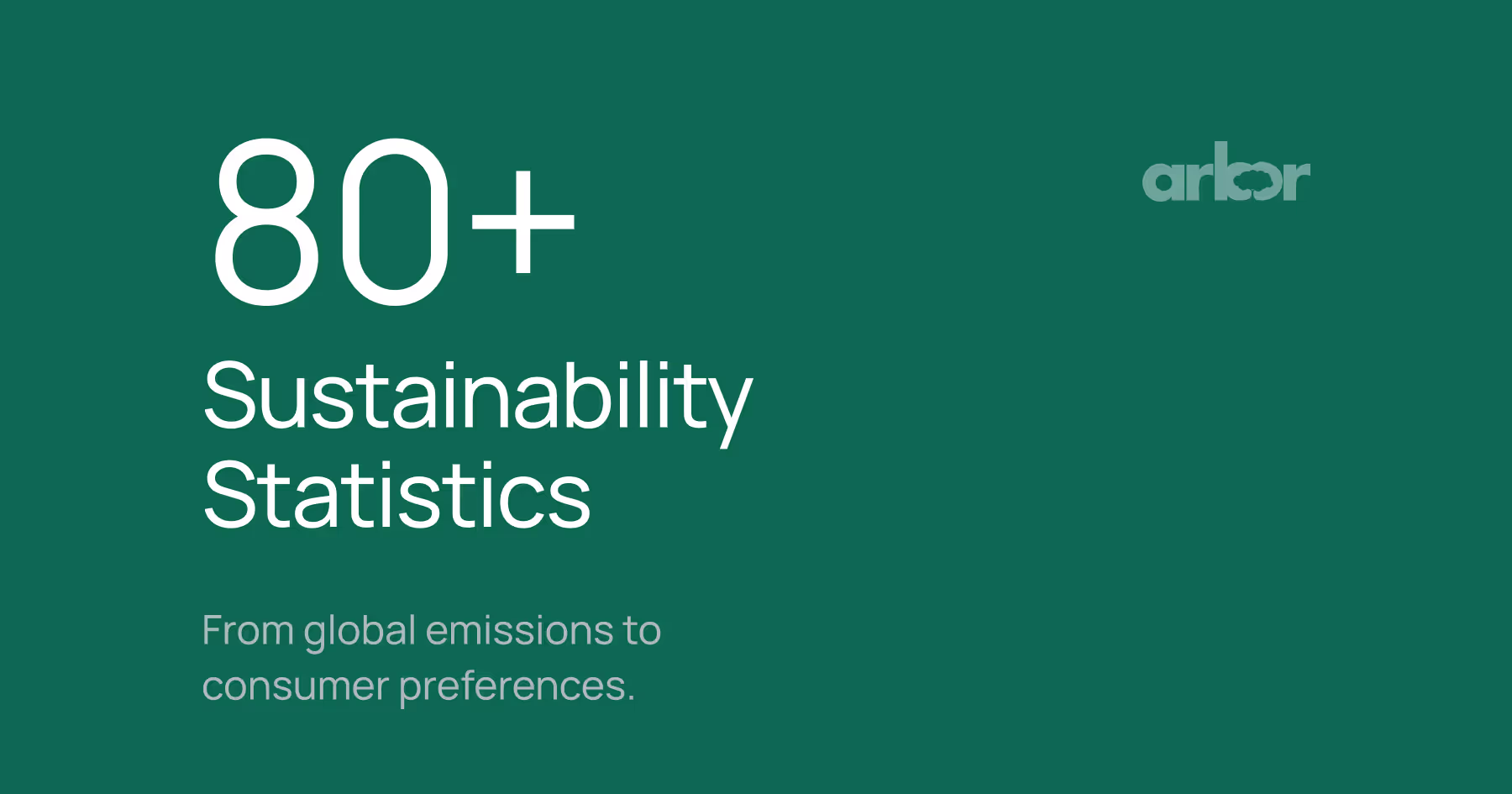



_.avif)
.avif)
%20Arbor.avif)




%20Software%20and%20Tools.avif)





.avif)
.avif)
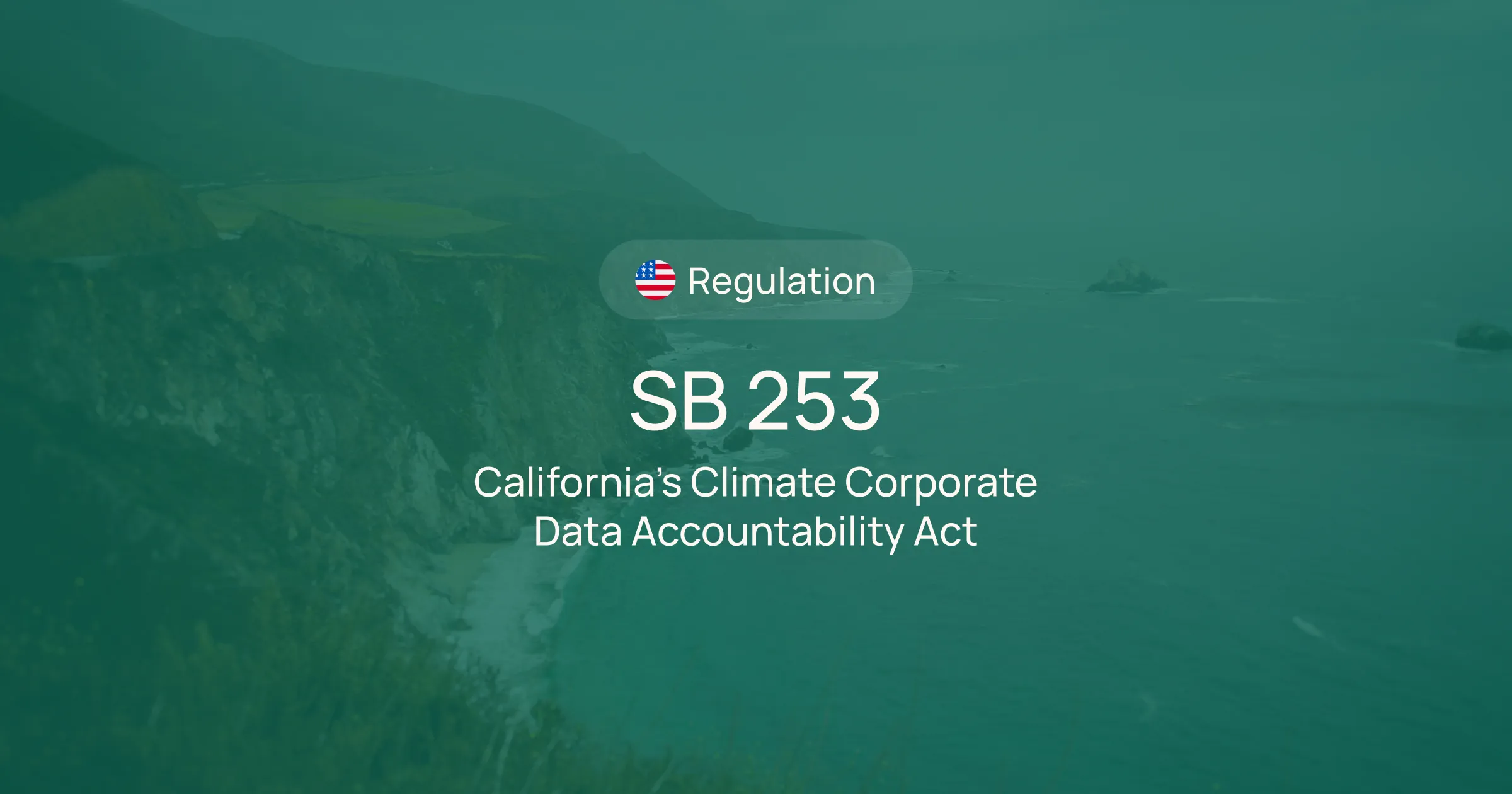



%20EU%20Regulation.avif)












.avif)


%20Arbor.avif)









_%20_%20Carbon%20101.avif)







.avif)








